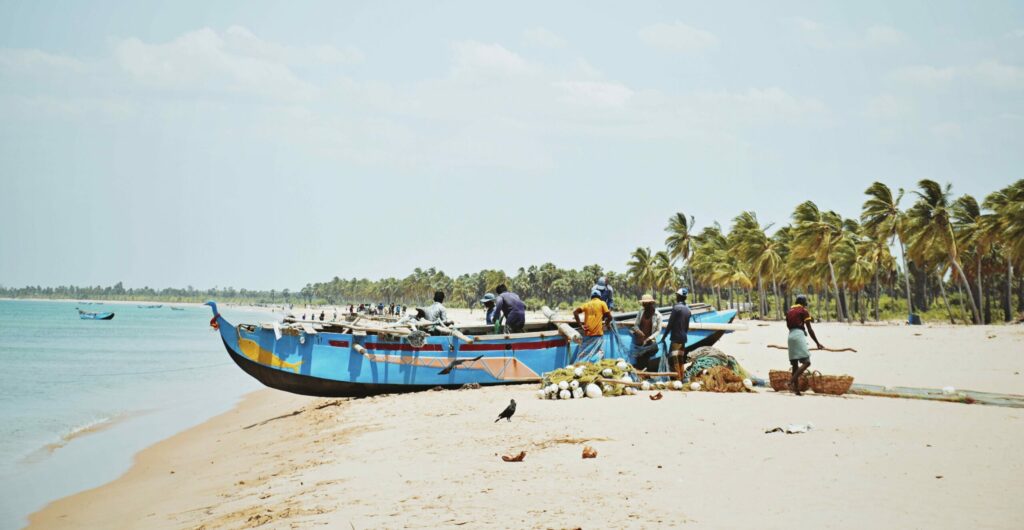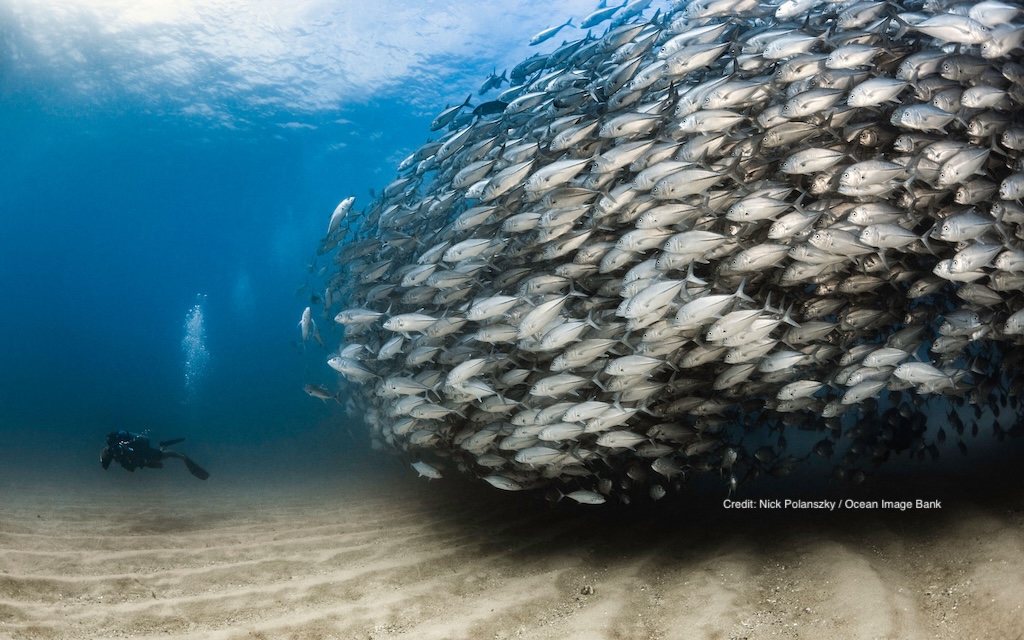Apply to the OCEAN Grants Programme.
OCEAN seeks diverse proposals for projects that prioritise embedding local communities at the centre of their decision making.
The OCEAN Grants Programme is an investment of up to £60m from 2024 until 2029. The initial funding round opened in February 2024 with two different funding pathways.

Community grants, up to £250,000, will fund projects led by small to medium, local, in-country organisations annual income of less than £1m.

Partnership grants, from £500,000 up to £3 million, will be awarded to medium to large organisations who partner with locally led organisations and have the capacity to deliver projects at scale.
The Ocean Community Empowerment and Nature (OCEAN) Grants Programme (referred to as ‘OCEAN’) is a global competitive grants initiative that aims to support the people most impacted by declining ocean health and climate change through funding local solutions to local problems.
OCEAN is funded by the Department for Environment, Food and Rural Affairs (Defra), through the UK’s Blue Planet Fund (BPF) – a £500 million portfolio of programmes supporting developing countries to protect the marine environment and reduce poverty. Applications and grants are administered by NIRAS (referred to as ‘OCEAN Grants Administrator’).
Approximately three billion people rely on the ocean for their food security and livelihoods, with those in developing countries particularly dependent on the ocean. At the same time, the ocean is facing serious and increasing threats from over-exploitation, pollution, biodiversity loss and climate change. Funding sustainable development of the marine environment at scale is critical to achieve global climate and Sustainable Development Goal (SDG) objectives. Despite this, Life Below Water (SDG14) only received 0.01% of all SDG funding from development finance in 2019. Community-led initiatives have the biggest potential to make a positive impact for coastal communities impacted most acutely by climate change. OCEAN addresses the lack of competitive funding for programming that tackles marine issues for organisations that specifically focus on reaching local communities and local organisations.
OCEAN is part of the Blue Planet Fund (BPF) – the UK’s £500 million initiative supporting developing countries in protecting the ocean and reducing poverty. BPF is jointly managed by the UK’s Department for Environment, Food and Rural Affairs (Defra) and the Foreign, Commonwealth and Development Office (FCDO).
OCEAN will fund projects that aim to reduce multi-dimensional poverty in ways which contribute to the protection, restoration, and/or benefit of the marine environment and its biodiversity. Funding will be awarded via two distinct pathways: Community Grants and Partnership Grants. In Round 2, OCEAN will be particularly interested in hearing from projects that place gender equality, disability and social inclusion (GEDSI) at their core.
The Community Grants pathway has been designed to meet the needs of small- to medium-sized, locally-led, in-country organisations legally registered and working in an eligible coastal-country. Community Grants are up to £250,000, and fund projects which last at least one year.
The lead organisation can be a non-profit organisation, academic or research institute, private sector organisation, business, or business association.
The Partnership Grants pathway has been designed to meet the needs of large, established and international organisations, that work with small, locally-led organisations based in the country where they plan to implement their project. Partnership Grants are between £500,000 and £3 million, and fund projects which last at least one year.
The lead organisation can be a non-profit organisation, academic or research institute, private sector organisation, business, or business association, and must partner with at least one organisation based in the country of implementation.
The Community Grants pathway has been designed to meet the needs of small- to medium-sized, locally-led, in-country organisations legally registered and working in an eligible coastal-country. All Community Grants applications must:
The Partnership Grants pathway has been designed to meet the needs of large, established and international organisations based more broadly in the world, that work with small, locally-led organisations based in the country where they plan to implement their project. All Partnership Grants applications must:
The lead organisation is the organisation who will administer the grant and coordinate the delivery of the project, accepting the terms and conditions of the grant on behalf of the project. The lead organisation will be the organisation who submits the application via the online application portal Flexi-Grant. If awarded the grant, the lead organisation will be responsible for managing the budget. All grant funds will be paid to the lead organisation only.
A partner organisation is an organisation that has a formal role in the project through a relationship with the lead organisation. This may involve staff costs, budget management responsibilities, and responsibility for supporting and delivering project activities.
Round 2 of our annual application cycle opened for proposals in January 2025.
Applicants to the Community Grants pathway can apply for up to £250,000, whilst applicants to the Partnership Grants pathway can apply for between £500,000 and £3 million.
The annual value of any grant application should not be 50% more than of the lead organisation’s annual income for Community Grants and 25% for Partnership Grants. For example, in the case of a Community Grant application, if your project request is for £250,000 (£75,000 in Year 1, £125,000 in Year 2 and £50,000 in Year 3), you would be assessed based on the largest annual value of £125,000. Your organisation would therefore need to demonstrate an average annual income of at least £250,000 per year.
Projects must last a minimum of 12 months. All project activities must conclude by 31 March 2029. There is a preference for multi-year projects, where possible, to support greater impact and better value for money, unless distinct objectives can be achieved within one year.
Project partners are a mandatory element of the Partnership Grants. For Community Grants, partnerships are encouraged but not mandatory. A lead organisation can have more than one partner organisation.
The lead organisation must be small- to medium-sized, locally-led, in-country organisations, legally registered and working in an eligible coastal-country. The lead organisation can be a non-profit organisation, academic or research institute, private sector organisation, business, or business association. The lead organisation must be legally registered in the same country where the project is implemented, have an annual income of less than £1 million, and must be formally established for more than two years. The lead organisation can partner with other organisations but partnerships are not mandatory.
The lead organisation must be a large, established and international organisation, that work with small, locally-led organisations based in the country where they plan to implement their project. The lead organisation can be a non-profit organisation, academic or research institute, private sector organisation, business, or business association. The lead organisation must be formally established for more than three years, and must partner with at least one organisation legally registered in the main project country. No minimum or maximum annual income threshold are required from the lead organisation.
Partner organisations can be a non-profit organisation, academic or research institute, private sector organisation, business, or business association. Government agencies and inter-governmental organisations can be a partner organisation but may not receive funding.
In the case of Partnership Grants, If the lead organisation has local or affiliated offices in the project country, in spite of these being set up as separate legal entities, it may partner with them but must partner also with at least one other organisation legally registered in the project country.
Government agencies and inter-governmental organisations cannot be a lead organisation. They can be a partner organisation but may not receive funding.
Yes. However, you must demonstrate a stronger case for support to be awarded funding. To strengthen their case for support, applications for UMIC-based projects may further demonstrate alignment with the following priorities:
Yes. You will not be penalised if you are unable to submit comments from the British Embassy or High Commission alongside your application, provided you have tried to contact them in sufficient time to allow engagement and can provide evidence of this by attaching a pdf copy of the email chain with the Embassy or High Commission or another form of evidence of contact. This will need to be uploaded onto Flexi-Grant.
Your project must be based in an eligible country . Our list of eligible countries can be found on our website.
Only if you are applying for a Community Grant below £100,000 in which case you will need to provide a letter of support from Host Governments/ British Embassy or High Commission to prove you are a non-profit organisation operating in the country. This will need to be uploaded onto Flexi-Grant.
Both Community and Partnership Grants pathways consist of two stages. Stage 2 is by invitation only.
Community Grants
Partnership grants
For Community Grants, application forms and supporting documentation are accepted in the following languages:
In addition, Stage 1 Community Grants applicants who feel more comfortable doing so, are welcome to submit answers as an audio or video file. Please note that the Expert Committee evaluating projects will be provided with a transcript of your audio or video file, and therefore only information communicated verbally will be assessed.
For Partnership Grants, application forms and supporting documentation are accepted in English only. Financial reporting can be submitted in Bahasa Indonesia, English, French, Portuguese, or Spanish.
Applications must be submitted through the online application portal Flexi-Grant. This can be accessed via https://ocean.flexigrant.com/ or through the OCEAN website oceangrants.org.uk. Please read the Flexi-Grant Guidance to learn how to use the platform.
Applicants who subscribe to the OCEAN mailing list will receive invitations to attend learning webinars to help develop their application. Anyone interested will need to register for these events to be able to attend.
The lead applicant. A scan of a real (not typed) signature will need to be uploaded onto Flexi-Grant. Do not upload a QR code.
You can contact the OCEAN Helpdesk via helpdesk@oceangrants.org.uk in your preferred language. We will respond to your query within five working days. The Helpdesk can only provide clarifications on the information included in the published guidance. The Helpdesk is not able to comment on your project ideas, pre-assess your eligibility, or confirm if your draft application and supporting documents meet requirements.
Projects can start between November and December 2025.
The financial year (FY) runs from 01 April to 31 March.
This should be the average of the past two years of your organisation’s accounts if applying for a Community Grant and the past three years if applying for a Partnership Grant. Note that the annual grant value being requested must not exceed 50% of the lead organisation’s annual income, if you are applying for a Community Grant, and 25% if you are applying for a Partnership Grant.
No. However if you experience exceptional circumstances beyond your control, for example where conflict or natural disasters have an impact on your ability to complete your application in time, get in touch via applications@oceangrants.org.uk well before the application deadline. Decisions will be made before the application deadline and in accordance with Defra, on a case by case basis.
Yes. To do so, get in touch via applications@oceangrants.org.uk quoting your application reference number.
Yes. However, to be eligible for funding, resubmitted applications must clearly demonstrate how they have addressed and responded to any feedback provided. A question to respond to feedback will be provided in the application form. Applications that do not address feedback or clearly detail how they have responded to the recommendations made, will be identified as ineligible. Responses to feedback will also be reviewed by the Expert Committee as part of the assessment process.
Community Grants applications are scored against:
Partnership Grants applications are scored against:
Yes, but only up to one hour after the application deadline. To do so, get in touch via applications@oceangrants.org.uk quoting your application reference number. We will return your application. You will then be able to make changes and will need to re-submit your application for it to be valid.
If you are not the lead applicant, you will not be able to submit the application. Ensure the lead applicant has access to the application on Flexi-grant before the submission deadline so that they can submit the application. If you are the lead applicant but still cannot see the submit button, ensure that any collaborators on the application have marked their inputs as complete or else you have revoked their invitation to collaborate. You should then be able to submit.
Only the person who started the application or who is currently the lead applicant has the authority to amend the roles of those involved. You cannot become the lead applicant if you have been invited to collaborate on the application. You must revoke your collaboration before changing to the lead applicant. The Grant Administrators also have the authority to change the lead applicant.
No, we have not configured an additional sign-off stage for our application forms. We do ask that applicants complete the section Declarations and Certification but we leave it up to you to manage any other necessary sign-off stages internally.
If you experience any issues accessing the online portal, firstly make sure you are using Google Chrome as your internet browser. Otherwise, contact helpdesk@oceangrants.org.uk and we will respond to your query within five working days.
You can upload an e-signature in Section. Declarations and Certification of your application as a .jpeg, .jpg, .png or .pdf. You may also print out the relevant page of the Word application form to sign and submit as a PDF. Do not upload a QR code.
All OCEAN guidance documents and templates are available from Flexi-Grant (https://ocean.flexigrant.com/) and from our website (https://oceangrants.org.uk/).
The main grant management requirement can be summarised as follows:
All paperwork will be received and exchanged electronically.
Grantees can accommodate emerging significant technical (e.g. change in key personnel, changes to logframe) and/or financial (>10% change to any budget line) project needs by submitting a change request form on the provided template. Grantees must discuss this with the Grants Administrator before submitting any request to ensure that proposed changes are acceptable. Changes can only be made to current and future years; unless the case is exceptional and clearly justified. Please review the Finance Guidance for detailed and further information.
It is not possible to request additional funds once the grant is awarded. Budgetary changes of >10% to a budget line must be requested through a Change Request. If projects overspend, costs must be covered from another budget line or funded through another source. In exceptional circumstances, for example where conflict or natural disasters have an impact on your ability to deliver, flexibility may be offered over budget changes. However, any such changes must be justified and be due to unforeseen circumstances beyond the control of the project.
Grantees are required to submit advance claims of forecasted amounts for each quarter. Claims are due in the following schedule:
For projects that start after 01 April, the payment schedule will be recalculated on a pro rata basis; with the first payment made at the start of the project before reverting to the above quarterly timings.
No. All funds are paid to the lead organisation only.
Yes. To do so, get in touch via helpdesk@oceangrants.org.uk quoting your project reference number.
Every year, a proportion of projects will be identified for a spot audit to ensure the grant has been spent in accordance with the agreement with Defra. Grantees must be able to provide electronic information about all the transactions accounted for, and to produce copies of original receipts and invoices backing up claims if requested. The spot audits may include a review of internal financial controls and procedures, a record of which should be kept supporting this.
Upon the project starting, grantees are invited to join the OCEAN Grants Community – our online learning and networking site dedicated to supporting grantees to connect, share learning, request peer support and exchange resources and ideas. As part of the OCEAN Grants Community, grantees are invited to attend regular learning events with the Grants Administrator to support peer-to-peer learning and grants implementation. The Helpdesk will continue be available to grantees.
Grantees must provide robust reporting against intended project objectives to continue to receive funding from OCEAN. The reporting schedule is as follows:
Yes. All templates are available for download from Flexi-Grant (https://ocean.flexigrant.com/).
Yes. To do so, get in touch via helpdesk@oceangrants.org.uk quoting your project reference number.
If you encounter unforeseen circumstances beyond your control which impact on your ability to deliver reports on time, get in touch via helpdesk@oceangrants.org.uk quoting your project reference number. We will discuss an agreement for an extension on a case by case basis.
Approximately eight weeks after the reporting deadline.
At the application stage, applicants are asked to provide a very short and non-technical summary of their project. If the application is successful, this summary will be used in communication activities. During project delivery, grantees are expected to engage and support wider communications and awareness raising activities to inform audiences what they are planning, learning, and achieving.
Successful grantees will be supported by the Grant Administrator to share news about their projects as widely as possible.
Grantees are required to sign a visibility statement and acknowledge funding from the UK Government in written materials and verbal statements and through use of the UK International Development (UK Dev) logo on project assets as part of their Grant Agreement.

© Department of Environment, Food and Rural Affairs (Defra)
All content is available under the Open Government Licence v3.0 except where
otherwise stated.
